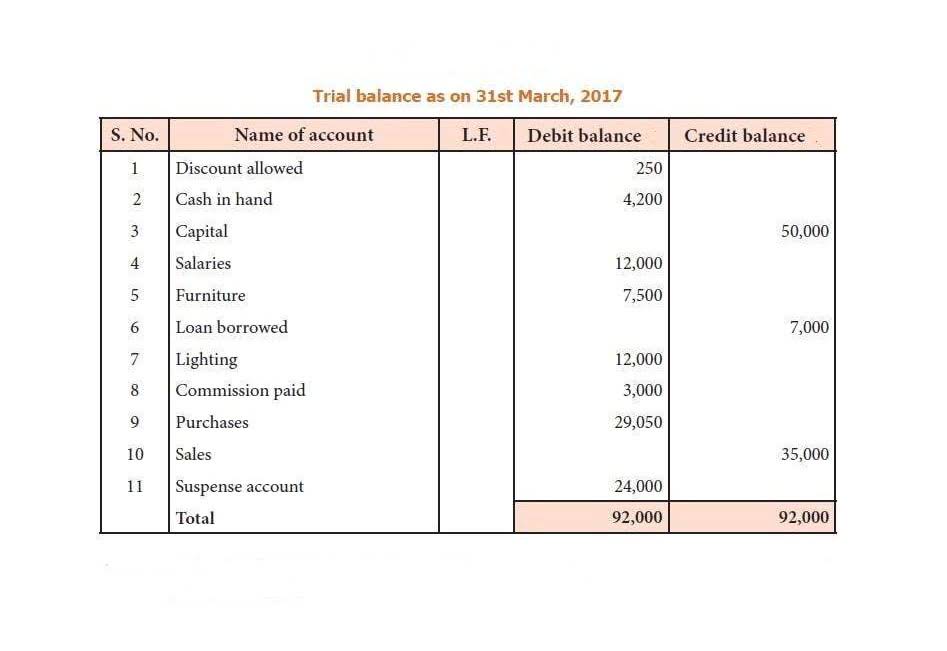
Unless a patient has saved money in a Health Savings plan, the doctor must compete for the dollars that a patient has for every other discretionary expenditure. And as you can probably guess, patients are not very reliable when it comes to paying large out-of-pocket medical expenses. The first of our two best practice sections is for practices who want to squeeze every drop of revenue out of their revenue cycle.

Understanding AR Calling: A Complete Guide to become AR Caller and Interview Preparation
As a result, medical practices identify areas for improvement and avoid payment delays. In medical practices, Accounts Receivable (AR) is a critical function that involves tracking and managing Cash Flow Management for Small Businesses the payments owed by patients and insurance companies for services provided. The process begins with patient registration, where accurate information is collected to create patient accounts receivable. Effective management of AR is crucial for the smooth operation and financial stability of any medical practice, as delays or inaccuracies in billing can lead to cash flow problems. Understanding and optimizing AR processes helps healthcare providers maintain a steady revenue stream and improve overall efficiency. Accounts receivable in healthcare is the money owed to healthcare providers and medical billing companies for the care provided to patients in a given year.
How AR Backlogs Can Harm Your Hospital’s Revenue
- The American Academy of Family Physicians (AAFP) recommends that Days in AR should stay below 50 days at minimum, though 30 to 40 days is preferable.
- Taking care of unpaid accounts helps the practice keep enough money flowing to pay expenses and improve patient healthcare services.
- Some can carry out to 180 days or even 360 days, but they still provide all the same information.
- His expertise extends to pioneering RPA and AI across process, showcasing his innovative approach to streamlining them.
- The balance remaining after the insurance provider has paid their share becomes the patient’s responsibility.
- Accounts Receivable Follow-UpHealthcare providers need to conduct routine follow-ups on unpaid amounts to achieve prompt payment collection.
Understanding what AR is in medical billing and how it functions can make a significant difference in the financial health of medical practices and hospitals. In this article, we’ll explore what accounts receivable are in healthcare, their importance, the AR process, benchmarks, strategies for effective management, common challenges, and much more. This represents the money that is owed to healthcare providers for services that have already been rendered.
Improve Your Accounts Receivable in Healthcare with a Little Help

The American Academy of Family Physicians (AAFP) recommends that Days in AR should stay below 50 days at minimum, though 30 to 40 days is preferable. Tracking Days in AR helps you understand how long it takes, on average, to collect payments so that you can take steps to improve collections and your revenue cycle. Ideally, a medical claim should be submitted within 72 hours after the service has been provided. If your collections are getting delayed and overdue payments are piling up, it increases days in AR – the average time taken for a claim to be paid based on average daily charge volume.
Hidden Costs
Successful medical billing requires a well-coordinated approach and meticulous attention to detail. One of the most critical factors that directly impacts the financial health of healthcare practices is accounts receivable (A/R). A/R follow-up is the process assets = liabilities + equity of diligently tracking and resolving outstanding claims and unpaid balances with insurance companies and patients. In a healthcare organisation, the accounts receivable follow-up team is in charge of monitoring refused claims and reopening them to ensure maximum recovery from the insurance companies. Handling the A/R follow-ups requires billing professionals with a specialized skill set.
- A key part of success lies in managing the money patients and insurance companies owe your practice.
- The AR process in medical billing involves several key components that impact the overall financial success of your medical practice.
- Moreover, inadequate A/R management can lead to increased administrative burdens, as healthcare providers find themselves entangled in the complexities of claim denials, rejections, and subsequent follow-ups.
- Proper insurance verification and obtaining pre-authorizations avoid payment delays and reduce administrative burdens later.
- His meticulous attention to timely deliveries and commitment to stakeholders ensures smooth operations and sustained business growth.
- Second, to reaffirm the importance of a strong relationship between patients and their healthcare professionals.
This makes AR in medical billing crucial and integral to the operations of healthcare providers. Insurance claim denials are one of the biggest threats to a healthcare provider’s financial stability. Claims are often denied due to missing or incomplete information, incompatible coding, or lack of medical necessity.

Specialized billing services can offer better accuracy, quicker turnaround times, and standard operating procedures for managing AR, which will drastically improve AR Days. So, a vigilant eye on insurance verification can significantly avoid revenue losses. As a result, it reduces accounts receivable and creates smooth cash flow for medical practices. Utilizing tools for checking insurance eligibility and developing mechanisms for regular checks can reduce aging AR. While managing accounts receivable for medical practices can be complex, accounts receivable in healthcare it’s a critical component to maintain the financial health of the practice.


No wonder physicians and other healthcare providers are skeptical and frustrated. Nowadays various factors cause overheads for healthcare organizations such as outstanding claims and delayed collections as well as stringent federal regulations. This increases the pressure on healthcare organizations to follow up on denied or appealed claims. For a long time if the account goes uncollected then the provider suffers not only a loss of revenue but needs to set aside resources for collection. Outsourcing Accounts Receivable (AR) in medical billing services can greatly benefit both the insurance company and healthcare provider by ensuring a streamlined and efficient claims process. Automated collection of patient information is the best and most practical way of tracking all the medical accounts receivable of a provider.
 @tms1987
@tms1987
 02-639-4222
02-639-4222


